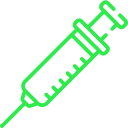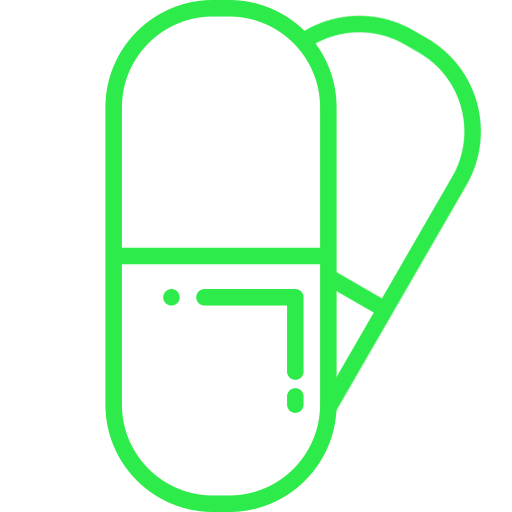Vaccines are biological preparations that enhance immunity to a particular disease. While traditional vaccines serve a prophylactic purpose, therapeutic vaccines are emerging from biotechnologies, with the aim to cure patients from specific conditions.
When produced from living organisms, vaccines require specific nonclinical safety and toxicology testing. The relevance of animal studies and the selection of animal species are of particular importance for vaccines development. Viral safety is especially scrutinized, with issues arising in particular for viral life-attenuated vaccines. The addition of immunologic adjuvants to enhance the immune response to antigens complicates vaccines development, as adjuvants need to be validated in dedicated studies, and properly filtrated during manufacturing processes.
Once a commodity market, vaccines are now among the fastest growing segments of the pharmaceutical industry. Whereas part of the manufacturers are focusing on neglected diseases affecting millions of patients, many are also developing therapeutic vaccines, where innovation is particularly active in oncology, HIV and auto-immune disorders.
Key challenges encompass:
- Manufacturing processes validation
- Viral safety
- Selection of appropriate adjuvant(s)
- Relevance of animal models and species
- Clinical trial design and subject/patient population(s)
- Immunogenicity risk and efficacy assessment
- Safety monitoring





